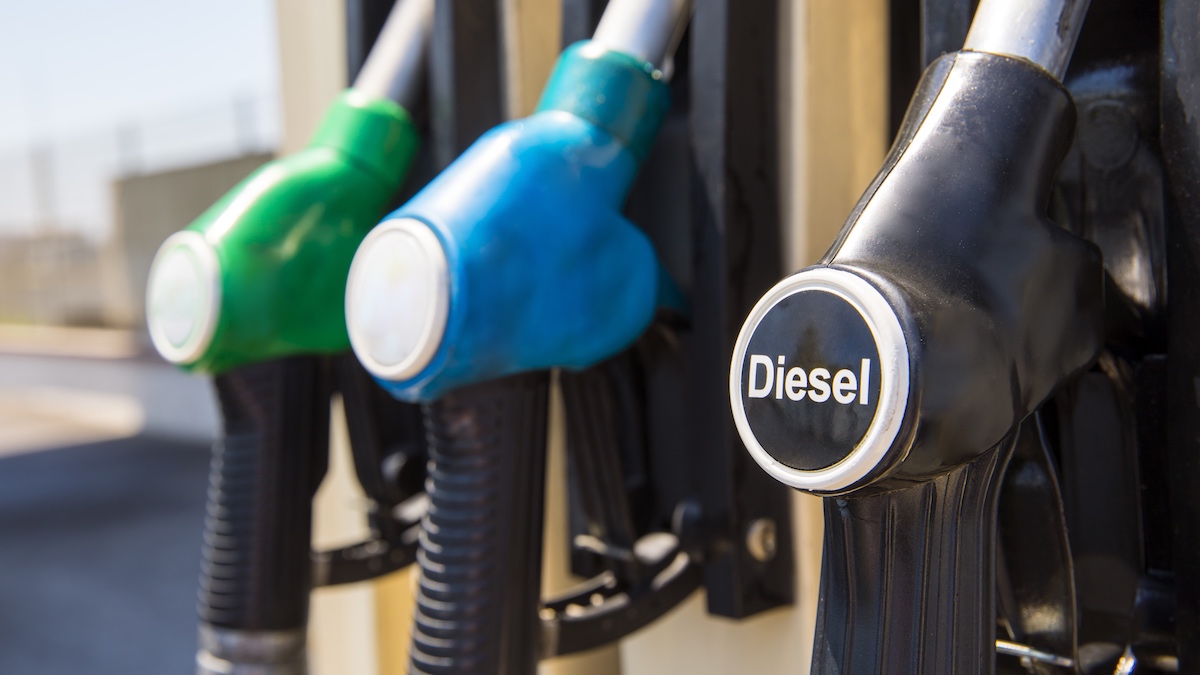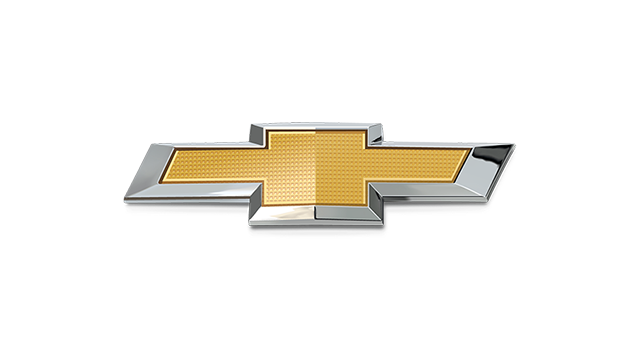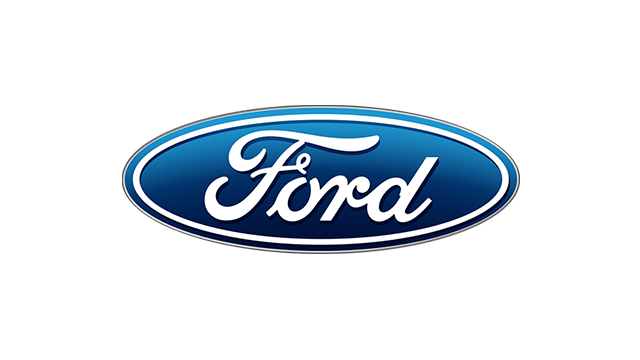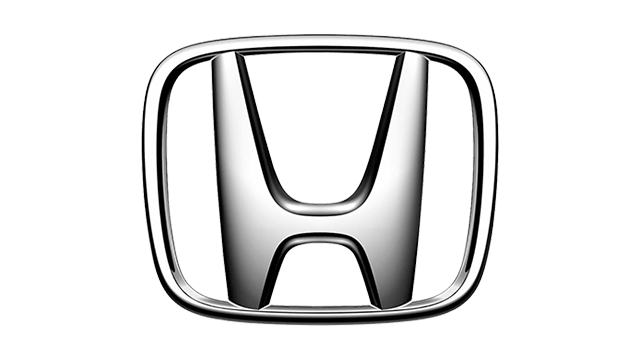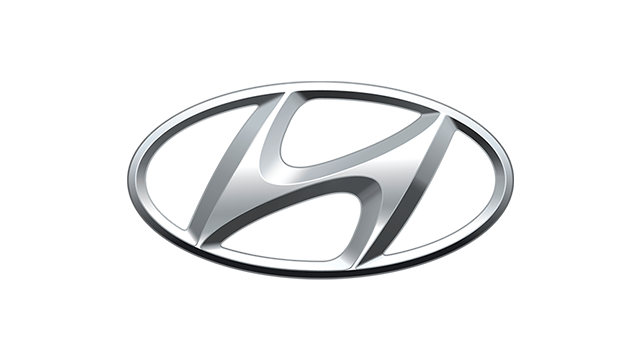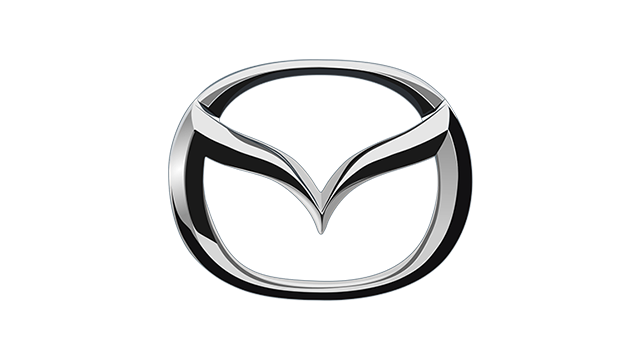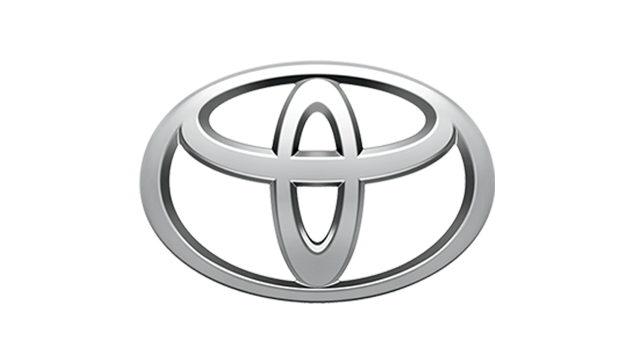If you drive a diesel vehicle, the quality of the fuel you put into your tank should be of concern to you. Aside from being maintained well, any engine must be supplied with clean, high-quality fuel, and a diesel engine is no exception.
With that in mind, here are five things to remember about the liquid that powers most of our SUVs and MPVs.
1) Cetane rating is one measure of quality.
For diesel fuel, one of the numbers that indicates its quality is the cetane rating or number. This value measures the performance of diesel fuel, and a higher number is an indication of a higher-quality fuel with better burn.
2) Gasoline octane rating vs. diesel cetane rating: What’s the difference?
A diesel fuel’s cetane rating is the measure of its ignition quality—kind of like octane rating to gasoline. This gives a general indication of the combustion qualities of a particular fuel. However, the relationship between diesel and cetane ratings is the reverse of that with gasoline and octane ratings. While they both give a measure of combustibility, they actually work in the reverse fashion of each other.
A higher cetane rating means the fuel ignites faster in the chamber. For diesel engines this is a good thing. On the other hand, a higher octane rating with gasoline means that it ignites slower in the chamber (which is good for gasoline engines as it prevents pre-ignition).
ALSO READ:
9 Fuel-saving tips for motorists amid rising pump prices
Fines, payments, schedule: Your complete guide to the number coding scheme
3) What cetane rating do I need?
Engine design has come a long way, and today’s diesel engines are very different from those we’ve seen in the past. Consequently, their cetane requirements have changed.
Modern diesels are designed to work at their optimum level with a fuel that has a specific cetane rating range. Generally, these run best with a cetane rating between 45 and 55. If the rating of the diesel you get is too low, you may have performance issues. Pay attention to what the manufacturer of your engine recommends and the cetane rating of the diesel fuel that’s available to you.
4) Is a higher cetane rating better?
A higher cetane rating is not necessarily better. Using diesel fuel that has a higher cetane rating than is required for a particular diesel engine doesn’t result in better performance.
5) What kind of cetane ratings do local diesels have?
Here in the Philippines, the Department of Energy mandates a minimum cetane number of 50. For premium diesel fuels, this number can go up to 55.
